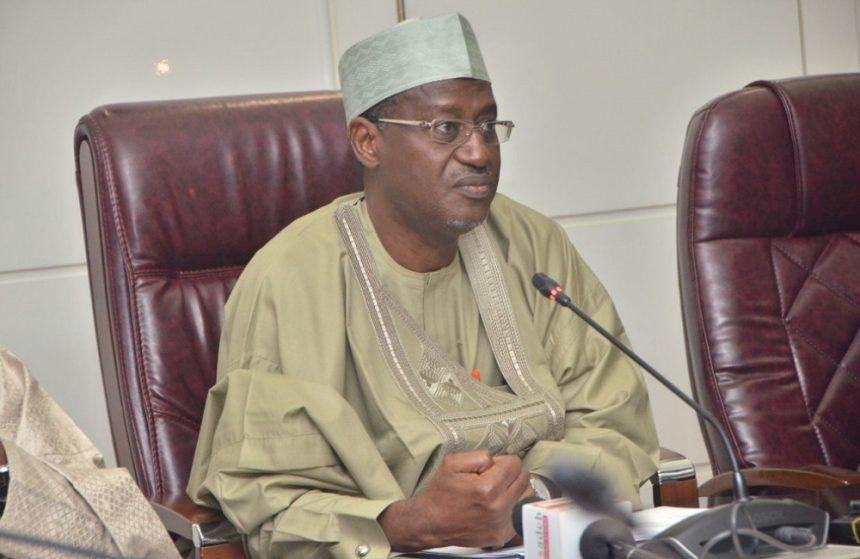Ninety-seven per cent of Nigerian land has no formal title. This makes it difficult to use as collateral for loans. Minister of Housing and Urban Development, Ahmed Dangiwa, disclosed this yesterday at the launch of Lagos State’s Identifier project.
The Identifier project is a digital property addressing system. It will assign a unique QR-coded identity to every building in Lagos. Governor Babajide Sanwo-Olu unveiled the pilot phase at the Nigeria Land Titling, Registration and Documentation Programme in Victoria Island. The event was organised by the Lagos State Office of Electronic Geographic Information System (e-GIS) in partnership with the Federal Ministry of Housing and Urban Development.
The pilot phase begins next week in Ikeja. Each property will receive a plate with a QR code and a local government colour code. This will make navigation easier, improve emergency response, and enhance utility delivery.
Sanwo-Olu said the project will improve transparency in land management. “Once you have a property’s digital address, you can access all relevant details about it,” he explained. He added that the system will reduce bureaucracy and improve service delivery.
Special Adviser on e-GIS and Urban Development, Dr Olajide Babatunde, said the project will boost revenue generation, strengthen security, and improve efficiency. He described it as a major step towards modernising Lagos infrastructure and improving residents’ quality of life.
Dangiwa outlined the Federal Government’s plan to increase titled land from three per cent to 50 per cent within ten years. This target is part of the Renewed Hope Agenda. He stressed that states will keep control of land administration while benefiting from reforms that make land a stronger economic asset.
The Identifier project could become a model for other states. As a result, it may reshape Nigeria’s property market and unlock the economic potential of land.



